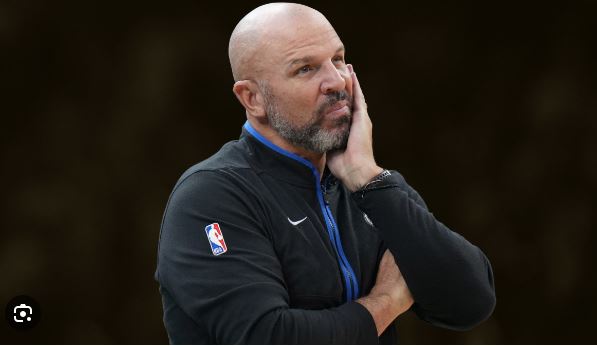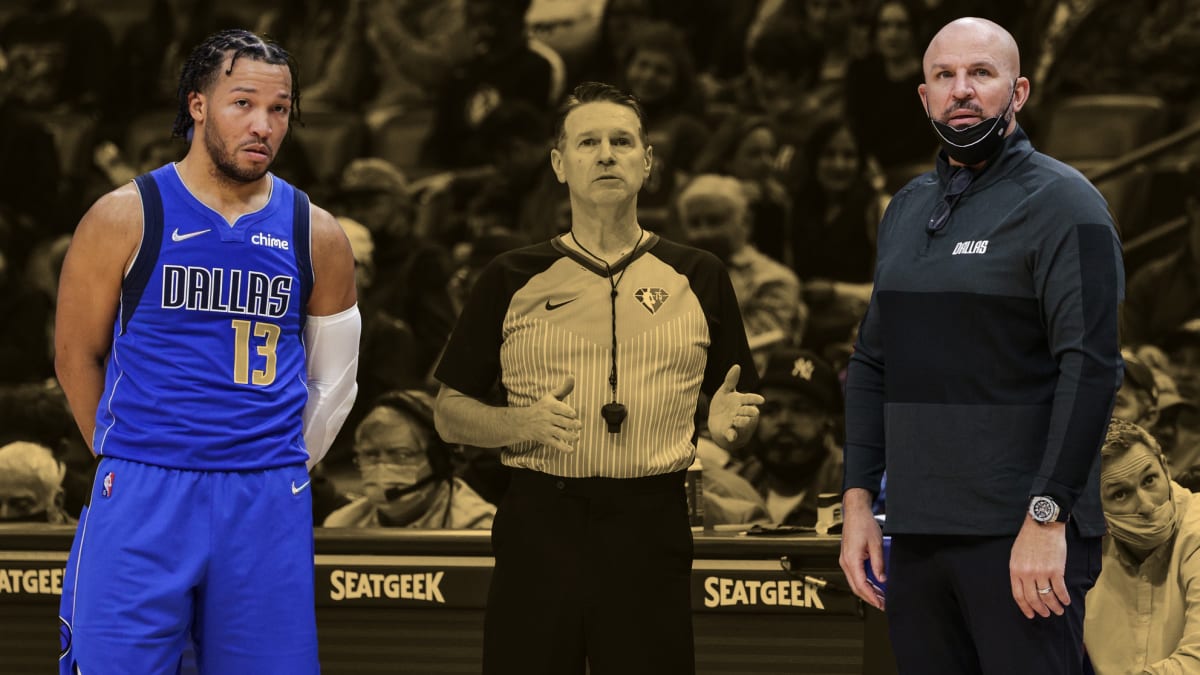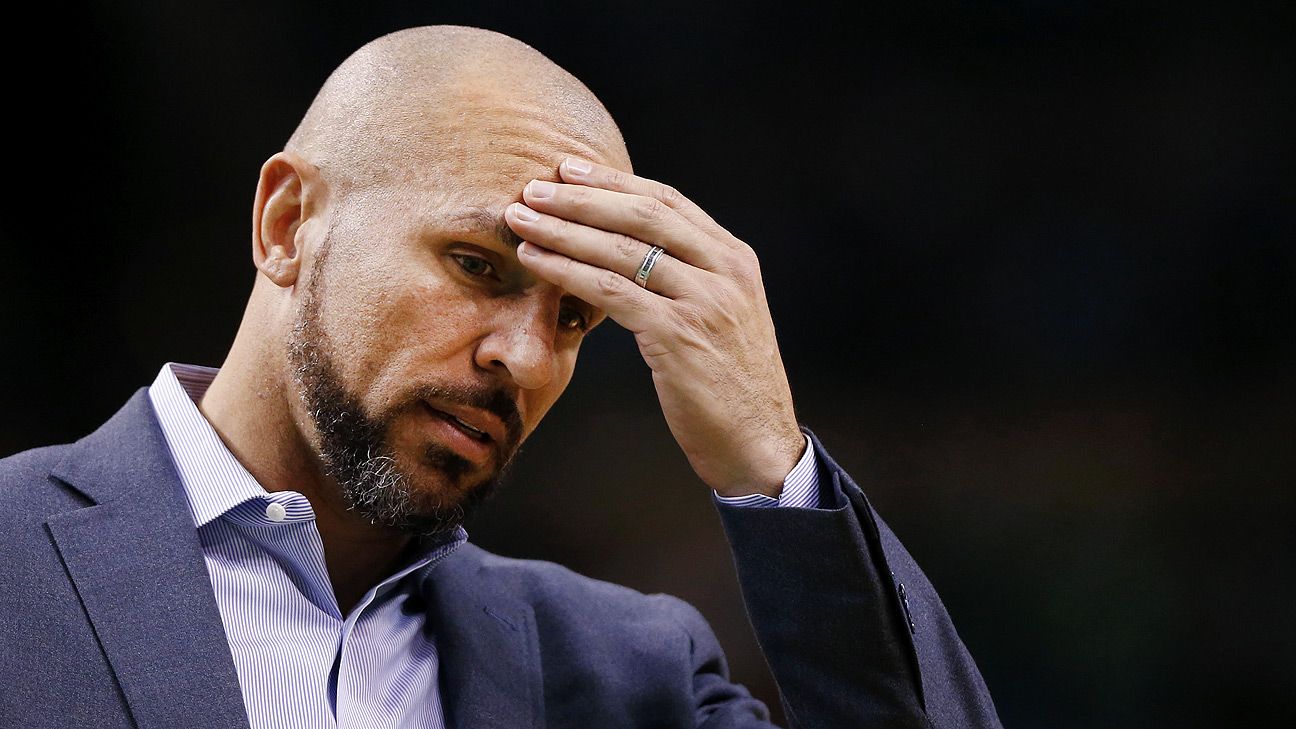
As the All-Star break drew near, excitement for the Dallas Mavericks was soaring. There was a flurry of speculation about the team being a contender after a run of victories, a roster that was finally healthy at the appropriate moment, and two new trade acquisitions that addressed the team’s obvious shortcomings. Big and small NBA YouTube channels put out their requisite videos gushing over the Mavs, while national talk shows were compelled to reluctantly dedicate a segment to the team’s potential in Dallas. The Mavericks extended their winning streak to seven games after defeating the Suns in the first game following the break, and then…the wheels came off.
No, the season is not finished at all. However, a realistic assessment of the team’s play throughout the previous six games would predict a trajectory that is more in line with the outcome from the previous year. Yes, unless they have an absolute collapse, the Mavericks still have a chance to make it to the play-in round. Luka Doncic’s career will have spent yet another season working as a postseason afterthought unless he makes a miraculous comeback from such a low position.

It is reasonable to wonder how the team’s performance will improve in the absence of a new head coach given its contractual obligations and the asset expenditure required to assemble this core lineup.
Without a doubt, basketball star Jason Kidd is a great who will always be respected for his playing career and, especially, for his crucial contribution to the 2011 Championship team. However, because of his extraordinary Hall of Fame status, it can occasionally be challenging to distinguish mentally between his time as the Mavs head coach and his playing career.
When taken as a whole, this season and the two that before it illustrate the positives and problems of Kidd’s coaching philosophy. He embodies the classic player-coach role. He speaks glowingly and reverently of Kyrie Irving and Luka Doncic. He has said that his star guards are the system and has granted them an equivalent degree of autonomy. He made some excellent hiring choices to start the season. He used Derrick Jones Jr. to good advantage and started Dereck Lively practically right away. The last-possession and out-of-timeout plays that hampered the Mavericks the previous season have turned into strengths.

Those strengths are frequently reflected in the flaws. The Mavericks have depended so much on Doncic and Irving’s individual talents that they now generate practically all of their team’s offensive advantage. Beyond those out-of-timeout circumstances indicated above, there is no orchestration. Motion that regularly attempts to include the supporting cast in ways other than simply responding to opportunities presented by the playmaker’s gravity is lacking. Although a pick-and-roll maestro’s improvisation is amazing, the Mavericks lack a trustworthy bench producer and a legitimate third scorer. There are considerably fewer wide-open shots that the role players have grown accustomed to when defences choose to remain at home on shooters rather than continuously blitzing Doncic, and the offence is stymied.
Kidd’s defence depends on proactive rotations and continuous communication. It’s a lovely thing when the squad is locked in and moving as one during flashes. However, if cohesiveness and focus wane, any system that depends on teamwork and hustling rather than individual talent to control matchups will eventually crumble. The Maverick defence has conceded even more line drives off the dribble and wide-open corner threes during this difficult run than it typically does. With Irving and Doncic on the opposing end, this club only needs league-average defense—which has felt a long way off lately—instead of exceptional defence.

And there’s Kidd’s demeanour when he’s not playing and his manner of speaking with the press. The Dallas sideline’s detached calmness while Kidd watches with his hands in his pockets, unable or unwilling to predict when getting thrown might stop Luka Doncic from getting into a heated argument over a technical foul, annoys this lifelong Maverick fan, even though these dynamics are far less important than what happens on the court. He sounds more like a basketball consultant hired to evaluate the situation, provide feedback to ownership, and make nice statements to the media than a head coach when he answers questions during the game. It was rare to feel as though former coaches, like Dick Motta, Don Nelson, Avery Johnson, and Rick Carlisle, lacked zeal and drive. Everyone experienced being in the flames alongside the squad and supporters. The franchise need a restoration to its fundamental feeling.
Not just a game plan and distribution of playing time, but a structure that all 15 roster places can buy into is required for the future. Not just a confidant, but a coach is what the players need. The Mavericks need a coach for next season, not a consultant.
Leave a Reply